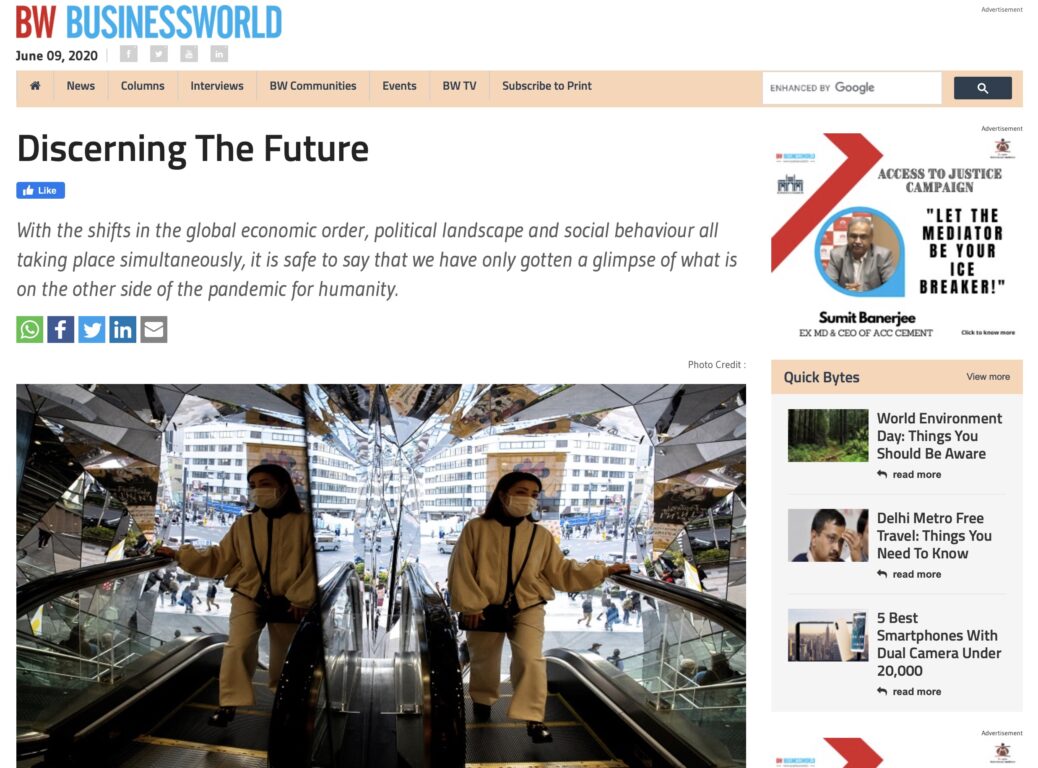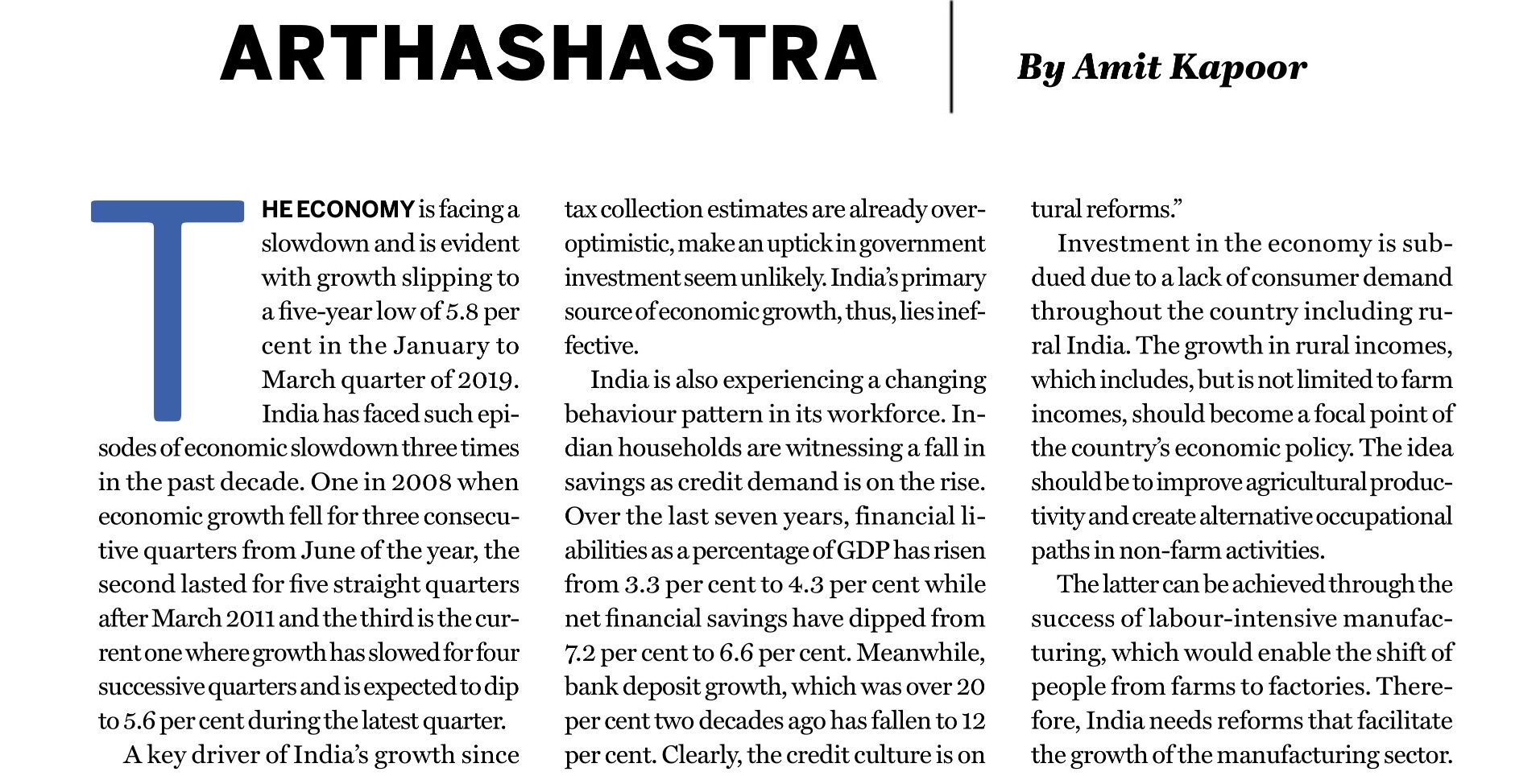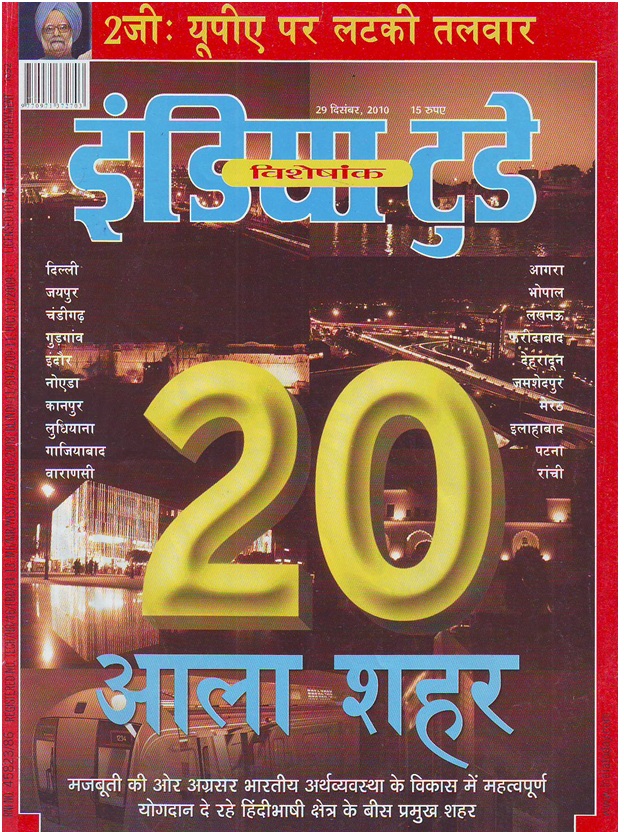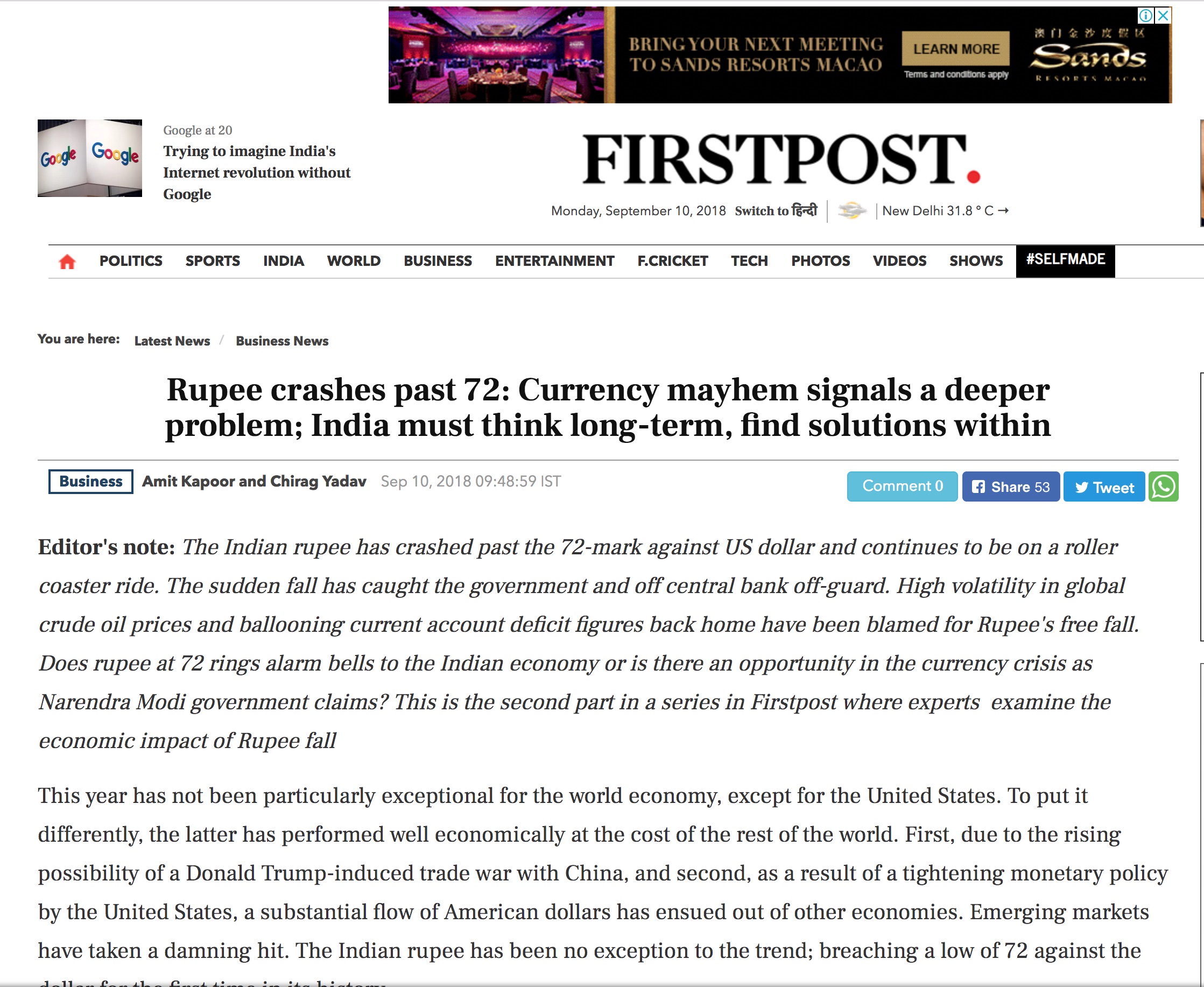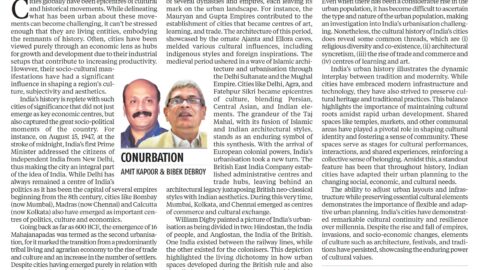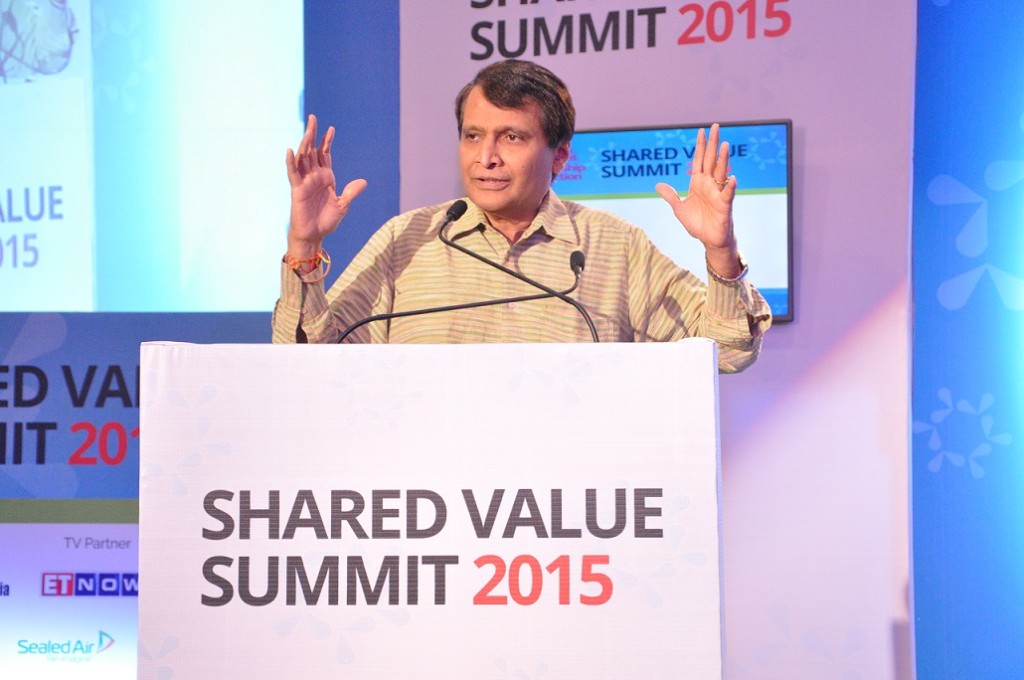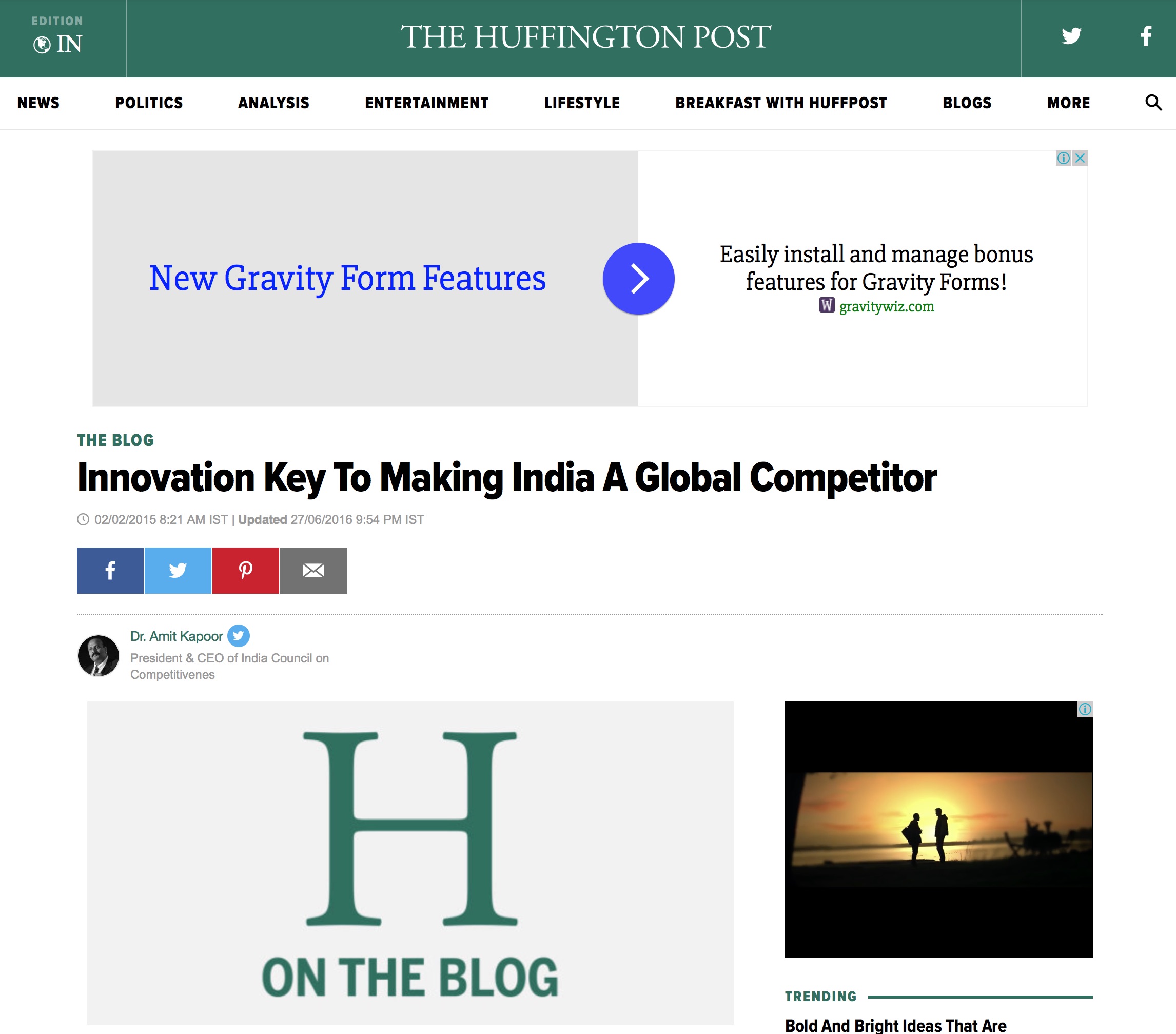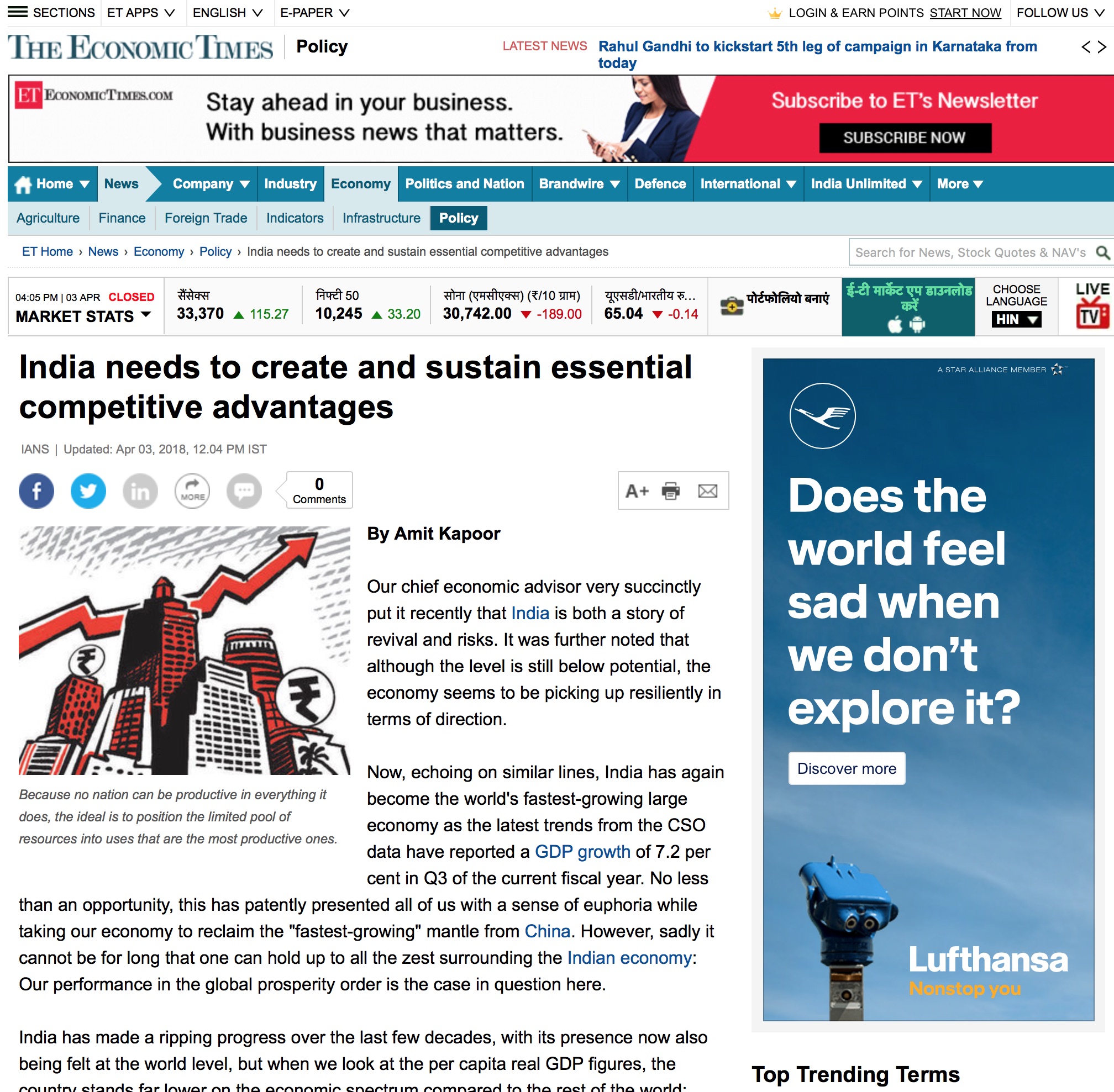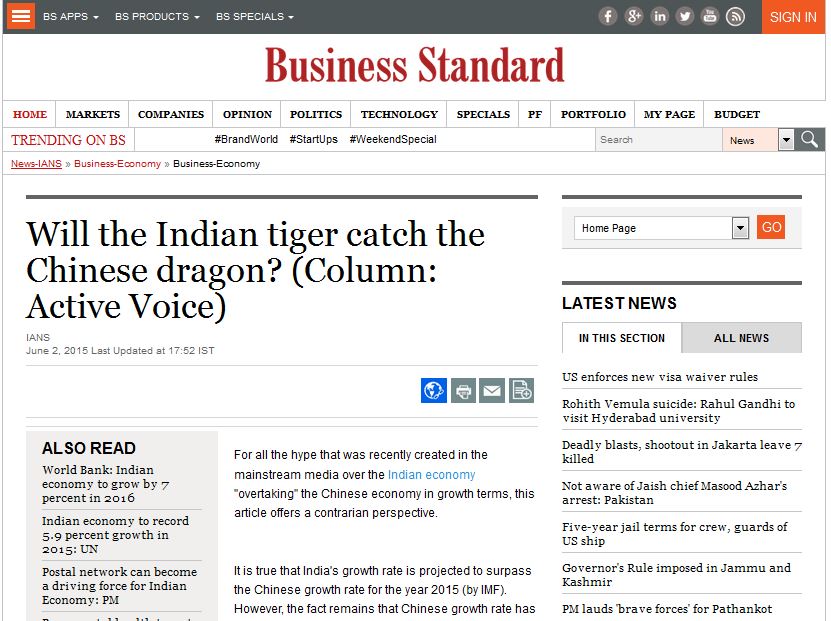Discerning the Future
The coronavirus pandemic has accelerated some of the major trends that had already started to shake the institutions long-held as the most efficient models of growth and development. Some of the trends exploding in new ways along with the health crisis are the increasing displacement of human labour by automation, the restructuring of globalization and reactionary shifts in socio-political landscapes. The pandemic has disrupted the global value chains that have been at the core of world economic growth for over a generation.
The effects of the shutdown of production in China reverberated across the international value chain even before the disease spread to other parts of the world. The pandemic has resulted in an existential threat to the factors of globalization. Over the long term, one expects an increase in reshoring of production and greater attention to risk-hedging in decisions relating to the locations of international supply chain partners.
Moreover, the coronavirus is presenting industries with an opportunity to harness innovation to a greater extent to reduce their external dependencies. Automation due to impressive technology development has led to significant cost reduction, but It may slow down during 2020 as a result of a shortage of funds for capital investment. Although the need to continue with social distancing in physical facilities and the pressure to reduce labour resources due to the risk of disease will lead to more robotic process automation (RPA) in functions from manufacturing to customer service. The pandemic is causing us to enter a world where digital technologies are at the core of almost all economic activities and relationships.
Due to its pervasive effects on society, the digital transformation of industry was already being called a new Industrial Revolution. And unfortunately, like all revolutions, this industrial revolution is also resulting in both winners and losers. Economic transformations of such magnitude result in such structural changes that not all segments of society adjust to at the same pace. As with the spread of mechanization and mass manufacturing in the 18th and 19th century respectively, the proliferation of digital technologies since the late 20th century has augmented productivity and the wealth-creating capacity of industries. And the transition has been as detrimental to some as it is gainful for others.
The bigger picture is that we are beginning to discern a new economic order for the future. And the resulting economic model will inarguably be heavily data-driven, with digital data permeating every aspect of society. Digital and physical business are becoming too intertwined to separate from each other. This expansion of basic human activity to include both a physical and a digital world has opened unprecedented possibilities with regards to market competition, global supply chains, international cooperation, human capital, and more.
It is still too early to see exactly how the physical and digital world will interface in the new economic order. A persisting fear of infection appears to be shaping consumer behaviour in the short term, with people preferring digital transactions and avoiding travel, eating out. Will fear have a lasting impact on consumer behaviour? Will it also change the notion of what is an essential good or service? It is difficult to answer such questions through rational theories when the current situation is anything but normal.
With the shifts in the global economic order, political landscape and social behaviour all taking place simultaneously, it is safe to say that we have only gotten a glimpse of what is on the other side of the pandemic for humanity. So far, the changes indicate that flexibility and resilience will be key throughout the crisis and also in the economic order to come.
The article was published with Business World on June 8, 2020.

